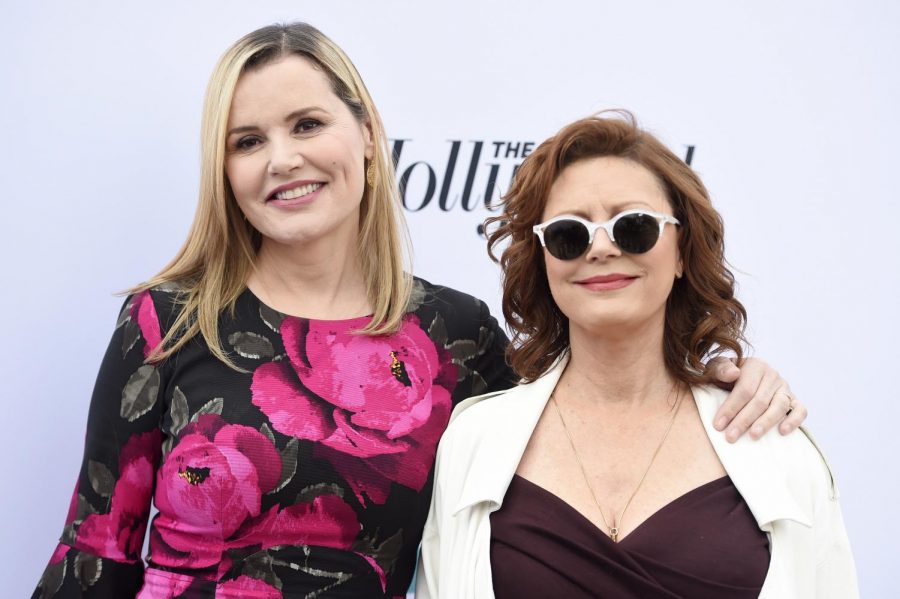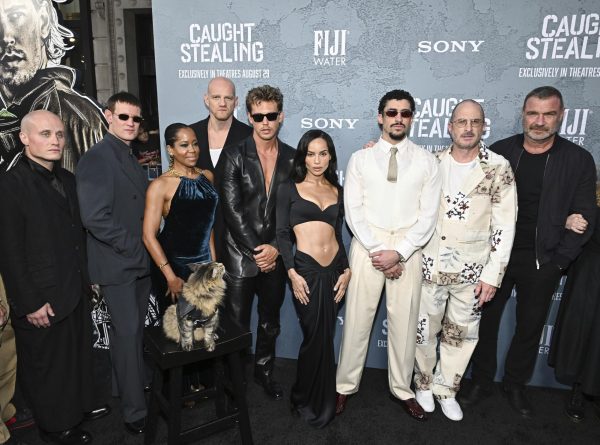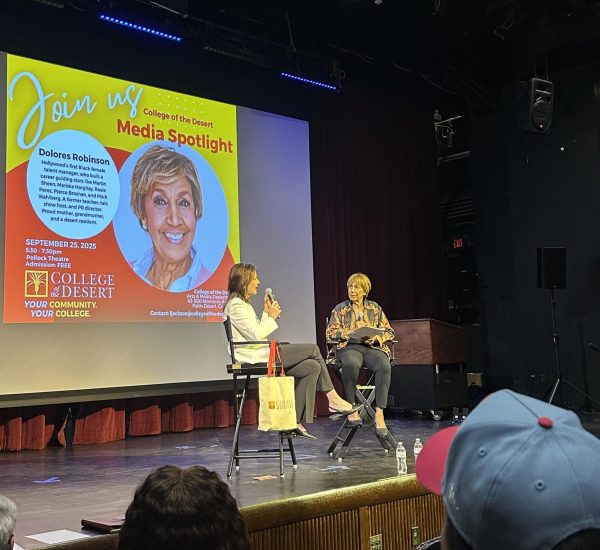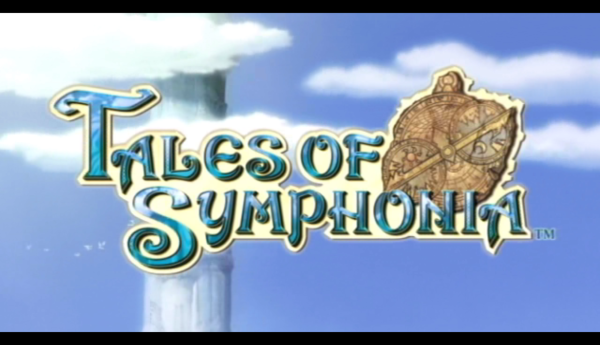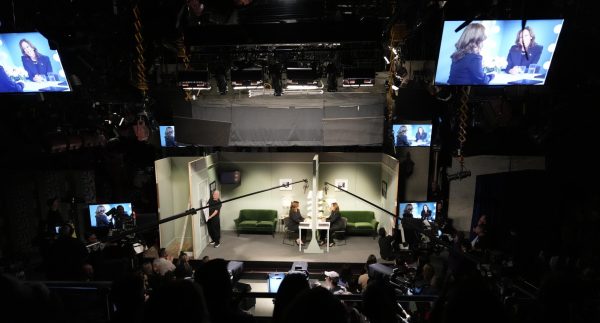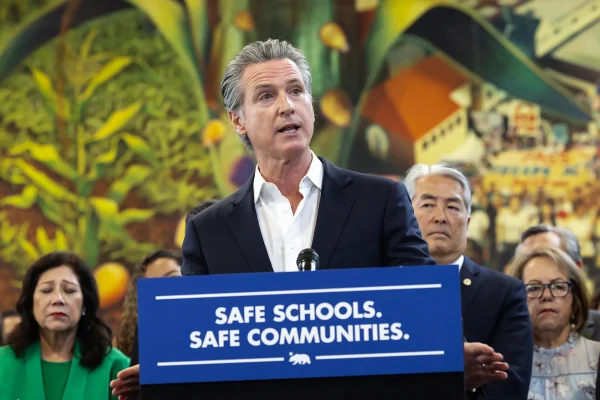Movie classics that influence society
Thelma and Louise
In 1991, Ridley Scott directed ‘Thelma and Louise,’ a female version of the buddy road trip genre. The movie is about two girlfriends who set out on a weekend road trip adventure. It starts promising enough, but unexpected, tragic events happen along the way. The iconic ending has been copied, parodied and analyzed in minute detail.
The movie was considered controversial for its time and drew sharp criticism by men about their negative portrayal. We have to remember the context of the times. Despite the backlash, the film was nominated for six Academy Awards and won Best Original Screenplay.
In 2011, on the film’s 20th anniversary, Raina Lipsitz, a well-known social commentator, called it, “the last great film about women.” ‘Thelma and Louise’ is credited with influencing 1992 to become “the year of the woman.”
It’s continuing impact over the years was recognized in 2016, by the United States Library of Congress. ‘Thelma and Louise’ was selected for preservation in the National Film Registry which deemed it, “culturally, historically or aesthetically significant.” This film helps us to gauge how far women have come in making significant inroads in equality, but there is no doubt we still have a long way to go, especially in Hollywood.
The main plot is about an assertive, strong Louise (Susan Sarandon) who picks up her naïve, sheltered friend, Thelma (Geena Davis), to experience a taste of freedom away from their troubled male relationships. We come to understand that they were also running away from society’s entrenched attitude about how women in America are treated.
Our heroines feel victimized by a system that will see them as automatically guilty when Louise kills Harlan (Timothy Carhart) after he attempts to rape Thelma and then leers at them when he is asked to stop. As a man, he knows he has impunity. As women, they know no one will believe their version of events, especially after Thelma is seen dancing and drinking with Harlan. Until #MeToo, this became a shameful story the public heard over and over again from actresses who became casting couch statistics.
Audiences then and now, know their plight is hopeless right from the beginning, even though a lone male, Hal (Harvey Keitel) the lead detective, understands why their mishaps occur and desperately tries to prevent a tragic ending.
At the heart of this tragedy is fundamentally a lack of equality in power. Men held the power position in this 1991 movie. As each mishap occurs, and the ladies know there’s absolutely no way back, they release their old lives and embrace their newfound, exhilarating freedom, even if it means freedom is death. It’s a better alternative than going back to their unhappy, marginalized lives.
In 2020, men continue to hold the power positions in politics, in Hollywood and life. We can understand why they are so reluctant to share a piece of that power pie. Over the years, previous attempts at acquiring equality, which means power, have met with mixed results.
Women in Hollywood, like our heroines Thelma and Louise, can only change the infrastructure, the movie formulas and the male biases, if they have an equal seat at the table. Our tragic heroines had no chance at equality or fairness. They’d never be allowed to have that equal seat, that fair hearing about their innocence. The system was closed to them.
Their death represents women’s hopelessness if things don’t change. What needs to happen? It starts with fair representation on boards, in key executive positions, in the quiet backrooms, where big decisions are being made.
It starts with women saying, we’ll start our own production companies and showcase what is important to us. It starts with every woman speaking up and telling others about their stories of sexual exploitation and marginalization. It starts by sharing more success stories as women move to join men at the table…whatever that table is…the kitchen table, the boardroom table, the Hollywood table. Time will tell if we can finally eliminate the phrase, “women’s rights” and replace it with the more inclusive phrase, “human rights.”
‘Thelma and Louise’ is seminal in understanding the nature of this social problem. Silence is not an option. If you can name it, you can change it. We’ve been naming it for decades…maybe now, given the breakdown around us, women finally have a legitimate chance.
‘Thelma and Louise’ is our social benchmark. Its why it’s so historically significant. Let’s hope in 2036 when the movie celebrates its 50th anniversary, we can say, “we did it!”
Gail Pischak is a third -semester film student. Her goal is to make meaningful short docs that influence and change for good.

